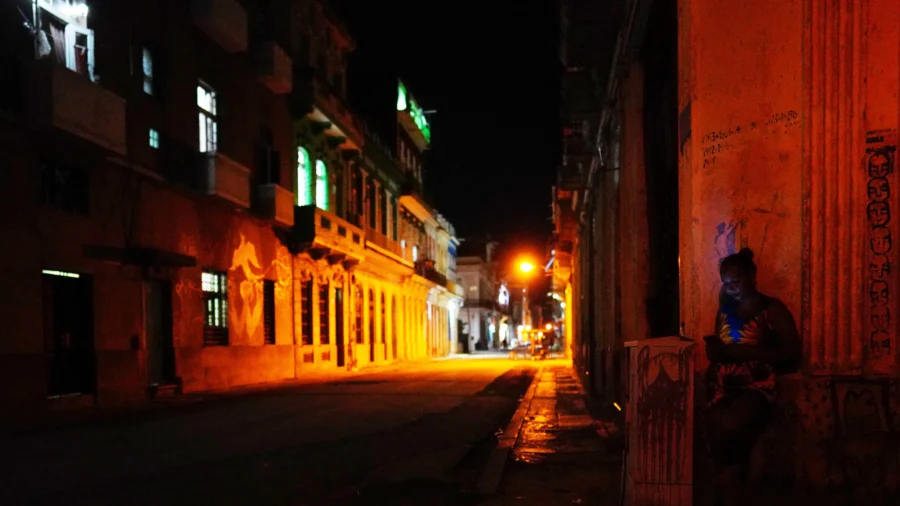Hundreds of Cuban protesters took to the streets on Sunday, demanding food and electricity as the island faces hours-long power outages extending to 18 hours or more daily, escalating tensions.
Social media posts show people chanting “electricity and food” during protests in Santiago. Cuban President Miguel Diaz-Canel has confirmed the protests and called for dialogue with the people.
“Several people have expressed their dissatisfaction with the situation of electrical service and food distribution,” Mr. Diaz-Canel stated on X, formerly Twitter.
“The disposition of the authorities of the Party, the State and the Government is to attend to the complaints of our people, listen, dialogue, explain the numerous efforts being made to improve the situation, always in an atmosphere of tranquility,” he added.
Mr. Diaz-Canel also warned that “the enemies of the Revolution” are seeking to exploit the situation “for destabilizing purposes.”
The Cuban leader blamed “terrorists based in the United States, whom we have denounced on several occasions,” for “encouraging actions that go against the internal order of the country.”
Earlier in the day, Beatriz Jhonson Urrutia, secretary of the Communist Party of Cuba, showed up at the protests in Santiago to “have a dialogue with the people and hear their complaints,” local media reported.
Police were also present, but no arrests or violence were reported.
The U.S. Embassy in Havana said it was aware of reports of “peaceful protests” in Santiago, Bayamo, Granma, and other parts of Cuba.
“We urge the Cuban government to respect the human rights of the protestors and address the legitimate needs of the Cuban people,” the embassy stated on X on Sunday.
Cuba has fallen into a near-unprecedented economic crisis since the COVID-19 pandemic, with vast shortages of food, fuel, and medicine stoking a record-breaking exodus that has seen upwards of 400,000 people migrate to the United States.
Cuban-born Rep. Carlos Gimenez (R-Fla.) urged the Biden administration to provide the island with satellite internet “to stop the repression of the dictatorial regime.”
Mr. Gimenez claimed in a statement that the Cuban regime has “shut down the internet to prevent protesters from organizing and mobilized its secret police to brutalize and jail the opposition.”
“The Cuban people want freedom and the end of the murderous Communist regime that oppresses them,” he stated on X.
Miami-Dade Mayor Daniella Levine Cava pledged to “unequivocally stand” with the people of Cuba in their quest for freedom.
“Too many in our community know the dangers of communism. It’s time for #PatriayVida for the Cuban people and change must come now!” Ms. Cava stated on X.
Protests on the island are exceedingly rare but have occurred more often in recent years as the economic crisis has rocked the country.
Although Cuba’s 2019 constitution grants citizens the right to protest, a law more specifically defining that right is stalled in the legislature, leaving those who take to the street in legal limbo.
Rights groups, the European Union, and the United States have criticized Cuba’s response to anti-government protests more than two years earlier on July 11, 2021—the largest since Fidel Castro’s 1959 revolution—as heavy-handed and repressive.
Reuters and The Associated Press contributed to this report.
From The Epoch Times

